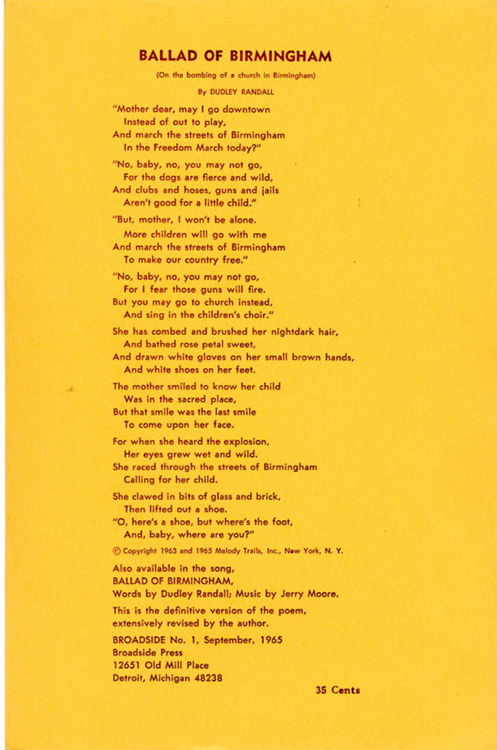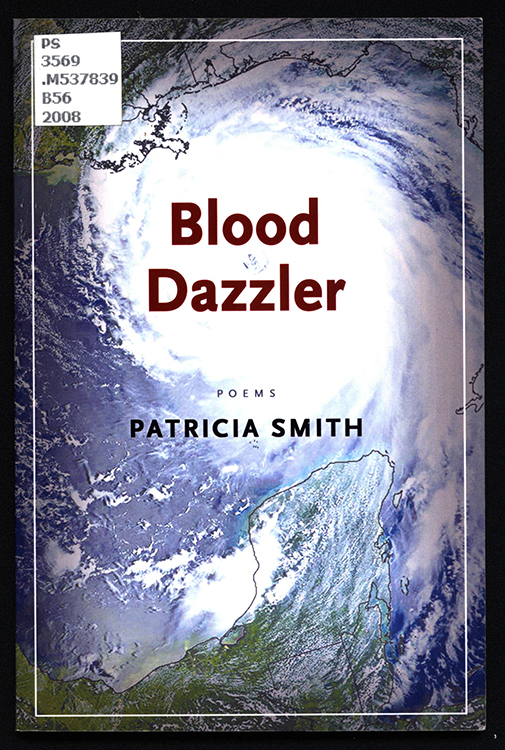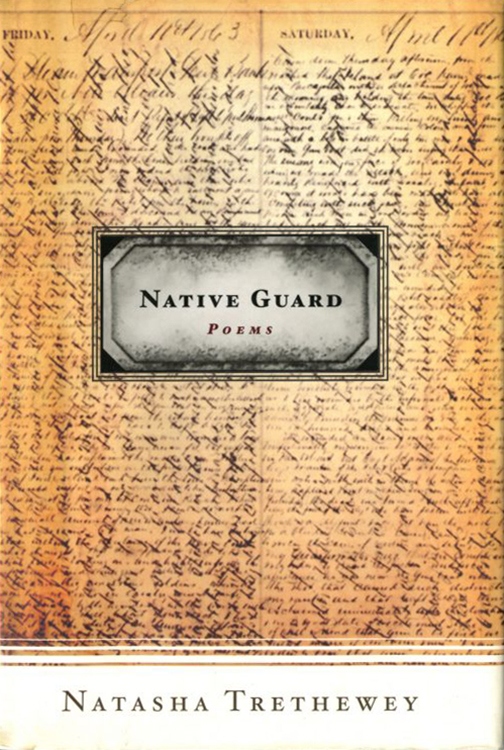African American poets have turned to the past as subject and muse and have sometimes been chroniclers of history in the making. How do African American poets make use of Black history and experience, including its heroes and its martyrs? Is engaging with African American history a source of creative freedom or a limitation for a poet?
Robert Hayden (1913–1980)
Among the numerous accomplishments of his career, poet Robert Hayden was the first African American to be appointed Consultant in Poetry to the Library of Congress in 1976. His work was informed by an extensive study of American history that began with his research for the Federal Writers’ Project in the 1930s. The poem "Gabriel" gives voice to Gabriel Prosser, who led a large uprising of enslaved people in the Richmond area in the summer of 1800:
The blow I struck
Was not in vain,
The blow I struck
Shall be struck again.
Hayden later wrote that his aim was "to reaffirm the Negro struggle as part of the long human struggle toward freedom." More personally, he shared, "I know that the struggle to exist as a poet at all has given my life its truest definition."
Dudley Randall (1914–2000)
Randall began writing poetry as a small child and had published his first poems by the age of thirteen. After serving in WWII, Randall worked as a librarian for twenty-five years. During that time he founded Broadside Press, a major publisher of Black Arts movement poets such as Don L. Lee (later Haki R. Madhubuti), Sonia Sanchez, Nikki Giovanni, Etheridge Knight, and many others. “Ballad of Birmingham” was the first poem published by Broadside in 1965. The poem evokes the 1963 bombing of the 16th Street Baptist Church in Birmingham, Alabama, that killed four young African American girls and injured many others. The attack marked a turning point in the civil rights movement and led to increased public support for passage of the Civil Rights Act of 1964. Only one of four Ku Klux Klan members named as primary suspects was prosecuted for murder in 1977, fourteen years after the crime. Two others were convicted, finally, in 2001 and 2002.
Patricia Smith (b. 1955)
Smith is a four-time National Poetry Slam champion, a two-time Pushcart Prize winner, and the author of six volumes of poetry. Her fourth collection, Teahouse of the Almighty (2006), was a National Poetry Series selection, and Blood Dazzler, her fifth, was a National Book Award finalist. In the latter, Smith, who is known for her persona poems, adopts a chorus of voices and journalistic sources to chronicle the human and environmental cost of Hurricane Katrina. In "8 a.m., Sunday, August 28, 2005," the poet gives voice to the storm itself:
I have crammed my mouth with buildings,
brushed aside skimpy altars,
snapped shut windows to bright shatter
with my fingers. And I've warned them, soft:
You must not know my name.
Smith's recent work in Incendiary Art (2017), a Pulitzer Prize finalist, confronts America's history of violence against Black men and its devastating legacy in contemporary communities. Smith is a faculty member at Cave Canem, a non-profit foundation devoted to providing community and promoting the representation of African American poets in the literary world. She is also a professor of creative writing at the City University of New York—College of Staten Island.
Natasha Trethewey (b. 1966)
Trethewey served as the 19th Poet Laureate of the United States from 2012 to 2014. Her poetry has consistently engaged with American history, most notably the country’s contradictory relationship to racial identity. Trethewey often draws on her own experience as the daughter of a white father and African American mother whose marriage was still illegal at the time of her birth in Mississippi, as she describes in the poem “Miscegenation." In addition to poems about family, the Pulitzer Prize-winning collection Native Guard chronicles one of the first African American regiments during the Civil War. Trethewey’s first collection of poetry, Domestic Work (2000), was selected by Rita Dove as the winner of the inaugural Cave Canem Poetry Prize, and her most recent collection, Monument (2018), was longlisted for the National Book Award in Poetry.





